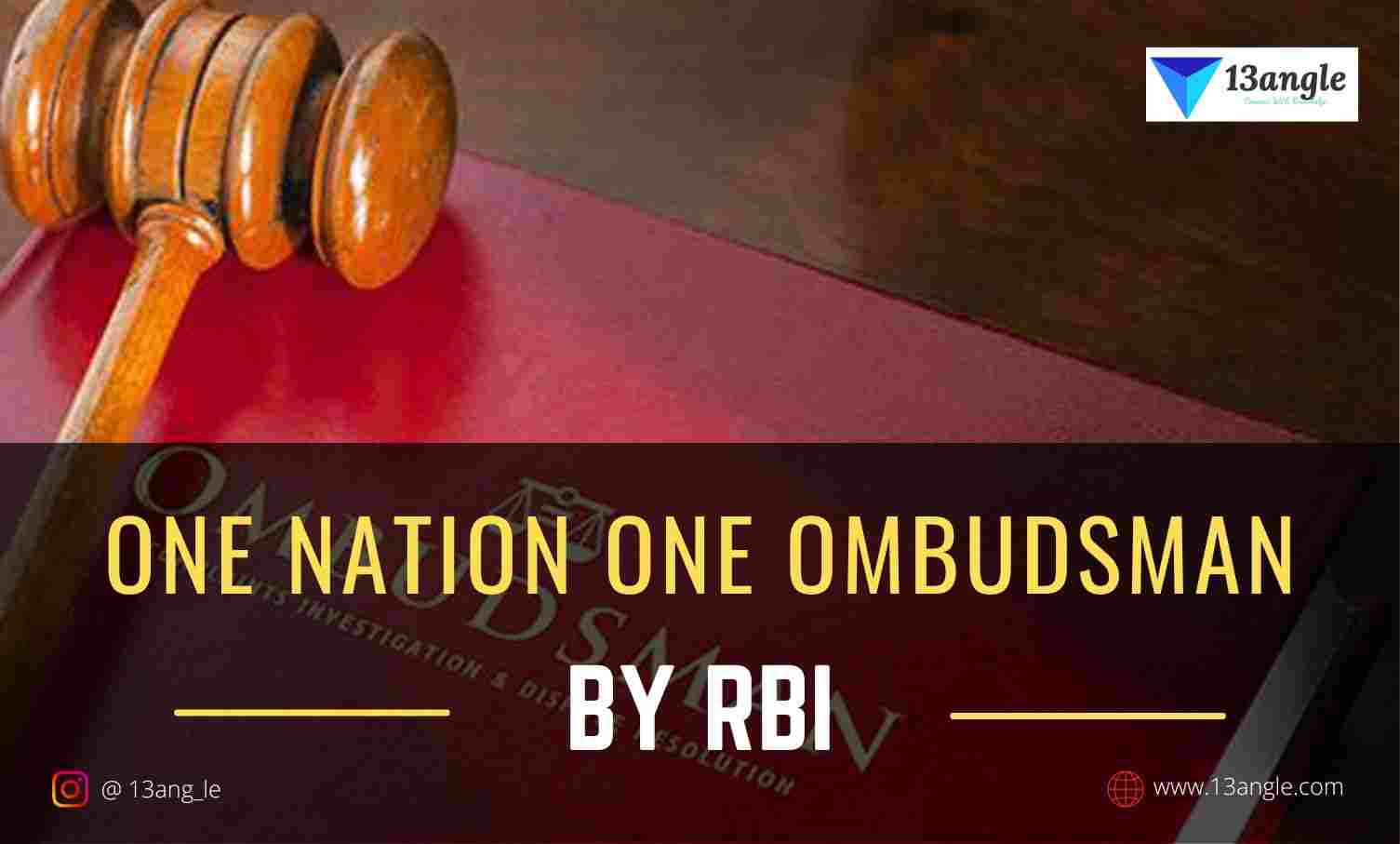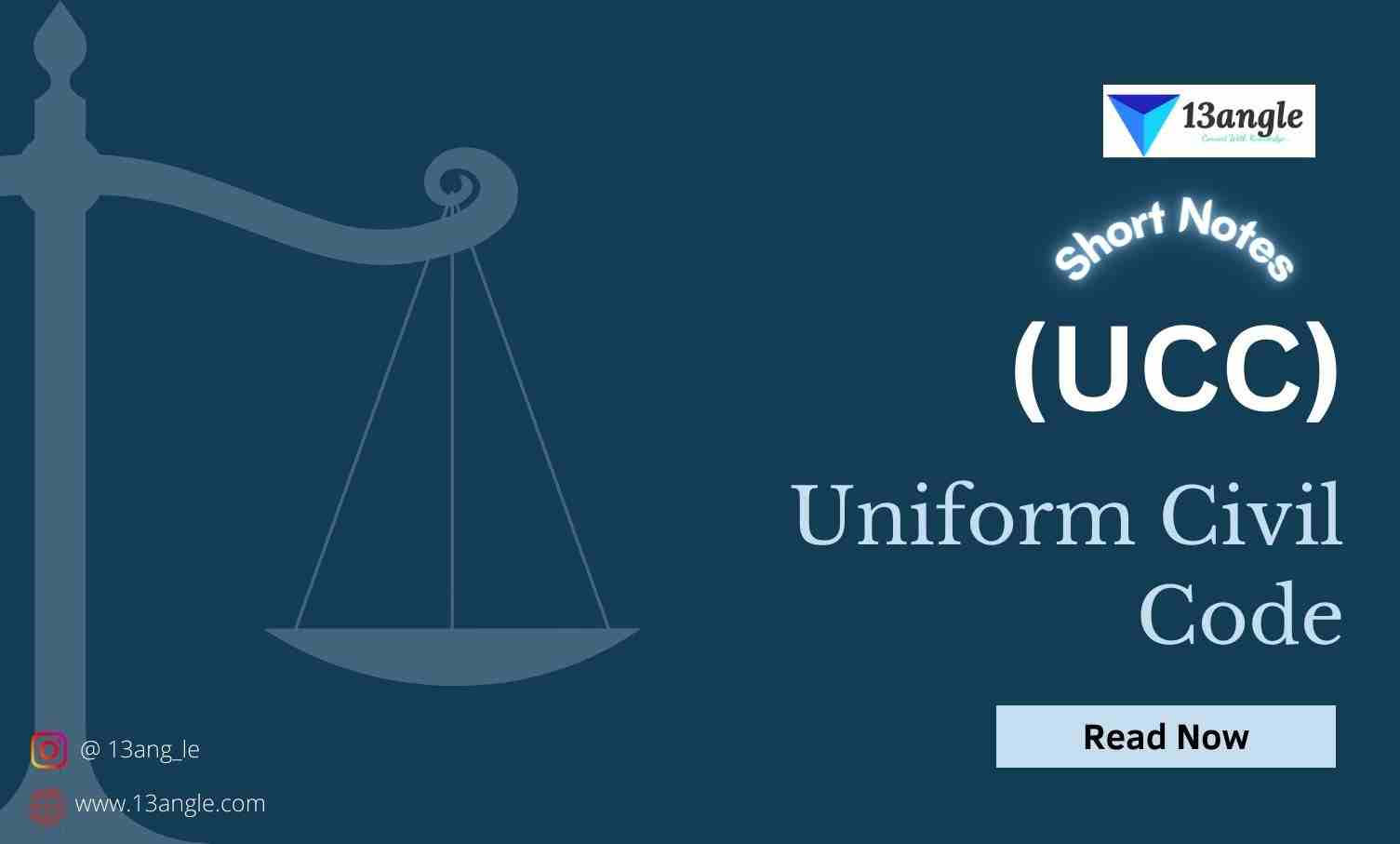The Sangam period refers to the period of ancient Tamil Nadu, Kerala, and parts of Sri Lanka dating back to the 3rd century CE.
It is named after the mythical and legendary Sangam academies of poets and scholars centred in Madurai.
The term Tamilakam referred to the whole of the ancient Tamil-speaking area, corresponding roughly to the area known as southern India today.
According to Tamil legends, there were three Sangam periods, but historians use the term to refer to the last one, also known as the third Sangam period or last Sangam period.
The Sangam literature is thought to have been produced in three Sangam academies of each period.
Tamilakam was ruled by the three Tamil dynasties of Pandya, Chola, and Chera, and a few independent chieftains, the Velir, from 600 BCE to 300 CE.
The society was organized by occupational groups living apart from each other.
The Sangam Tamils enjoyed a high degree of cultural life, with interests in education, literature, music, dance, drama, and festivals described in the Sangam literature.
The fourfold Vedic system of caste hierarchy did not exist during the Sangam period.
Sources detailing the history, socio-political environment, and cultural practices of ancient Tamilakam include volumes of literature and epigraphy.
Short Notes On Sangam Period
Shares:
0 Comments





